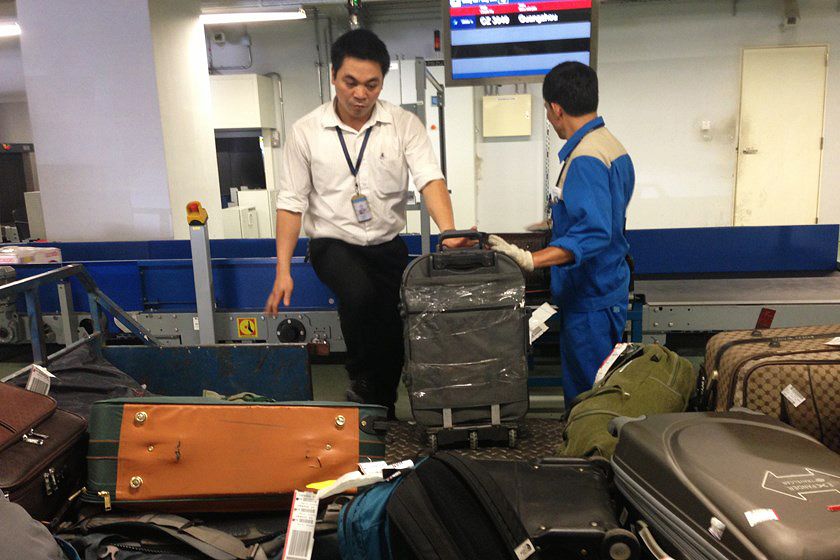The implementation of a departure tax, an elector of the National Assembly argued, could bring in additional revenue to improve Vietnam’s tourism infrastructure.
Tuoi Tre reports that Nguyen Quoc Hung, a member of the National Assembly from Hanoi, suggested during a discussion on June 12 on migration and travel policies for Vietnamese citizens that Vietnam should start imposing a departure tax on those traveling out of the country. The debate is part of the ongoing 7th session of the current National Assembly.
Hung gave the example of a similar policy in Japan which took effect in January this year. Travelers leaving Japan, regardless of nationality, are required to pay a JPY1,000 (VND215,000) fee. It’s estimated that the government of Japan will rake in JPY50 billion (VND10.8 trillion) from the tax in 2019. Hung believes that Vietnam can do the same.
“In Japan, the fees will be used in projects to develop the local tourism industry. The Japanese government expects to use the collected US$400 million to fine-tune their customs department to better serve the people,” Hung said at the discussion, according to the news source. “This could also be used to improve tourism infrastructure in less wealthy regions and other ordinances.”
Hence, the National Assembly member recommends that Vietnam apply a US$3–5 “farewell fee” on departing visitors. The revenue can then be distributed to diplomatic offices overseas to protect Vietnamese citizens living in other countries. Additionally, the money should also go towards improving airports and border crossings to ensure a comfortable experience for travelers.
According to Tuoi Tre, Nguyen Quoc Hung used to be the deputy director of the Vietnam National Administration of Tourism. While new to Vietnam, a departure tax is not an unfamiliar concept elsewhere in the world. Apart from Japan, countries including China, Turkey, Sweden and Mexico charge similar fees.
[Photo/CC BY]














